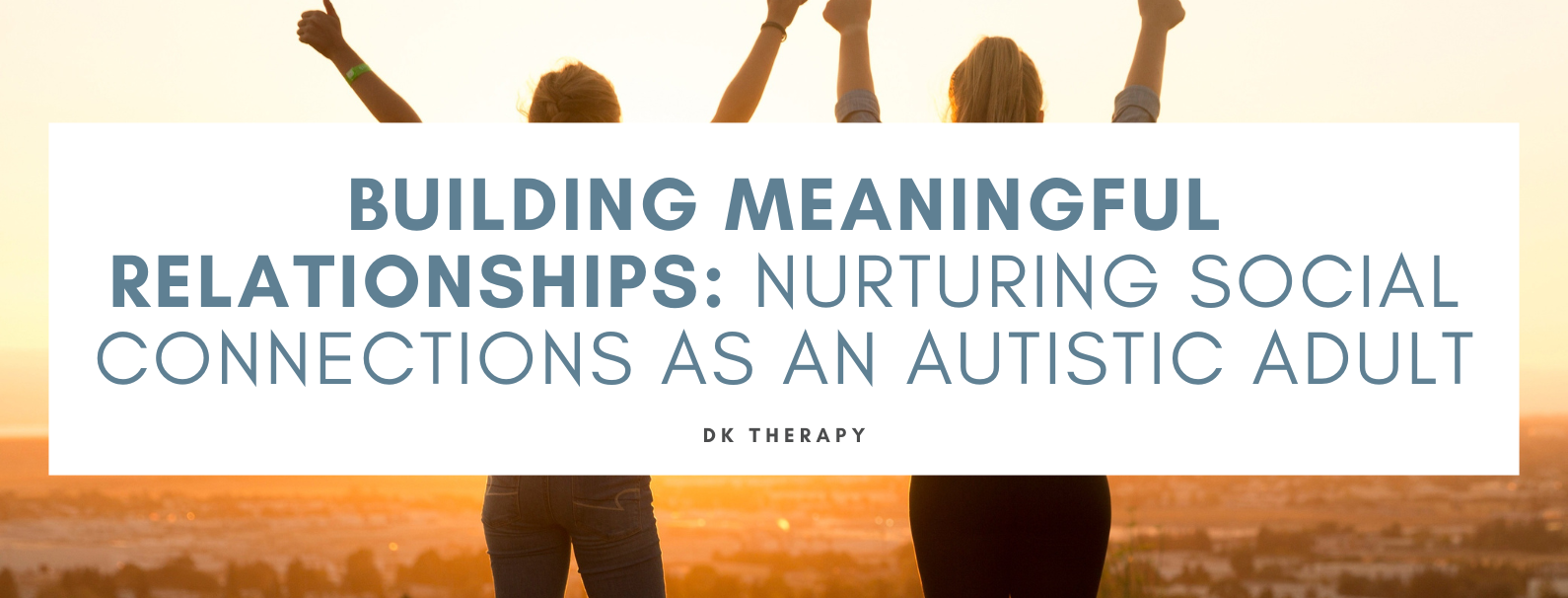
Humans are naturally social creatures in many cases, but for autistic adults, making friends and maintaining social relationships may not come easily.
However, social relationships are still essential for these individuals. Let’s explore the importance of social relationships for autistic adults and cover a few tips on how to maintain them.
The Importance of Social Relationships for Autistic Adults
 Friendships and social relationships are just as important for autistic adults as they are for neurotypical adults. Studies show that autistic adults who develop and maintain social connections with others experience an improved quality of life. On the other hand, autistic adults who don’t have these relationships may suffer from social isolation and the mental health issues that accompany it.
Friendships and social relationships are just as important for autistic adults as they are for neurotypical adults. Studies show that autistic adults who develop and maintain social connections with others experience an improved quality of life. On the other hand, autistic adults who don’t have these relationships may suffer from social isolation and the mental health issues that accompany it.
How to Maintain Social Relationships
While it may be challenging to build and maintain social connections as an autistic adult, it’s by no means impossible. Here are a few tips you can follow if you want to develop friendships and other social relationships.
Search Online
Try looking online for a support group that caters to adults on the ASD spectrum. If you live in a relatively populated area, you may be able to get involved with a group that meets locally, and if you’re in a rural area, some groups offer online meetings. Not only will joining a support group possibly help you develop your social skills, but you’ll be able to interact with others who are facing some of the same struggles as you.
Join a Like-Minded Group
Look for social groups that pique your interest, for example, a group that focuses on one of your hobbies. You might explore class or group options and your local library. Joining a book club that regularly reads and discusses titles in your favorite genre might help you meet others with your same interests.
Try Learning a Skill
Enrolling in a skills class may also help you meet new people and form friendships or professional relationships with them. Skill classes not only equip participants with new skills they can take with them anywhere, but the social aspect of a group class may make it easier to find and make friends as an autistic adult.




